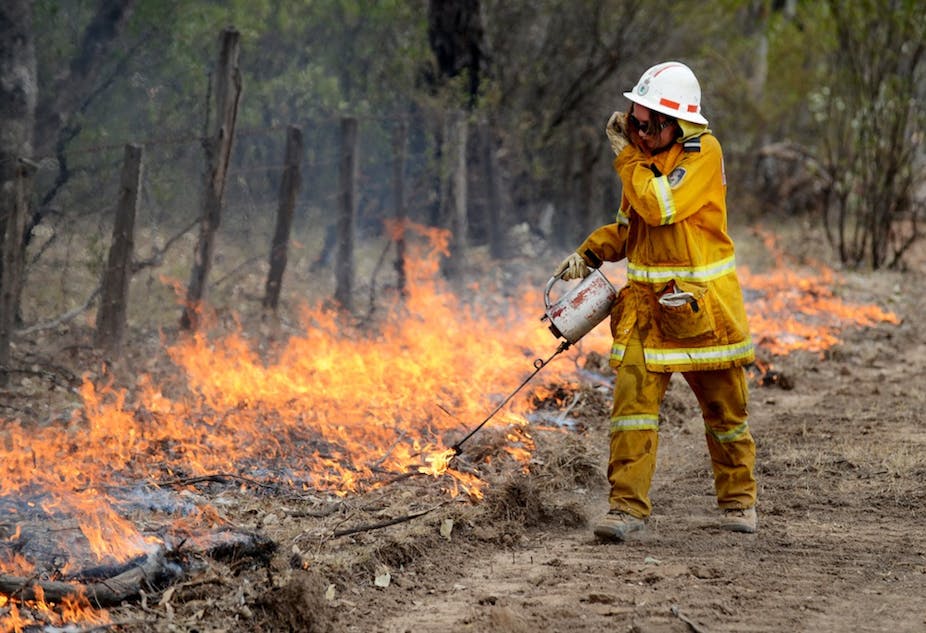Whether you believe in climate change or not, there can be no doubt that the impact of extreme weather events is increasing.
The combination of more frequent events together with the increased propensity of people to live in vulnerable low lying coastal areas and in “tree change” locations has ensured that insurance costs are rising – and its affordability falling – as an increasing proportion of the population is affected each year.
Figures from the Insurance Council of Australia show an escalation in the cost of extreme natural disasters. Insured costs of floods, fires, earthquakes and storms rose from around $3.5 billion in 1989 to $4.6 billion in 1999 to $5.3 billion in 2011 (at constant 2011 prices). These costs represent only a proportion of the total cost of such horrendous events, which are estimated to be two to five times greater than the insured cost.
Not surprisingly, the rising cost impost, the social dislocation and the economic fallout from such events have prompted a political response. Over the past several years the issue has been taken up in reports by bodies such as the Queensland Flood Inquiry, the Victorian Bush Fires Commission, the Productivity Commission and a recent Senate inquiry.
Sharing the data
Among industry groups, there is a firm consensus that market-driven solutions would play a far bigger role than government regulation in changing consumer and industry behaviour.
However, the paucity of data – or, more accurately, the inability to access data – is particularly challenging and has widespread implications.
What is needed is better information to price climate risk, assess the role of the market, and coordinate an approach to risk sharing and mitigation between individuals, all levels of government, their agencies and insurance companies.
Detailed data overlays from previous weather events are needed for better land usage planning and infrastructure planning, and to inform the public about the extent of potential risks.
Greater transparency on the specific risks of each property, and consequently clear price signals regarding insurance and valuations can provide a market discipline to incentivise behaviour and ensure better risk sharing.
Such price signals would inhibit development in high risk areas due to the high cost of insurance and mortgage finance (under this scenario Brisbane’s river banks would never have been developed for residential housing), and also provide incentives to encourage proactive risk mitigation by property holders.
Changing the way we think
The implications are widespread, however, and involve a major change in the way we view property.
Some hugely challenging issues will inevitably arise through the impact on valuations of property in higher risk areas, with implications for local government authorities and past planning decisions, in particular. Unless these challenges are faced, however, the ability to appropriately share risk and build a resilient long term approach to climate risk, which contains costs and the impact on the broader economy, will not be possible.
This is in everyone’s interests. The net impact of such disasters falls not only on individuals, but on the cost of insurance for everyone, the cost of delivering public services and infrastructure, and on the nation’s overall financial wellbeing and economic growth.
While the devastating impacts of disasters such as Fukushima or the Christchurch earthquakes bring this home dramatically, on a lesser scale we should not forget how damaging smaller, localised incidents are on the well-being and future of local communities. Information sharing is the key to adapting to climate risk and building resilience into our land use planning, building codes and future development.
Mitigating the impact on individuals, community and the nation will require an intelligent and proactive approach to the allocation of responsibility between citizens, different levels of government and insurance companies.
Deborah Ralston was a speaker at a twilight seminar organised by the Australian Centre for Financial Studies, in conjunction with Ernst & Young and addressed by the Insurance Council of Australia, consultancy firm Climate Risk and re-insurer Munich Re.

